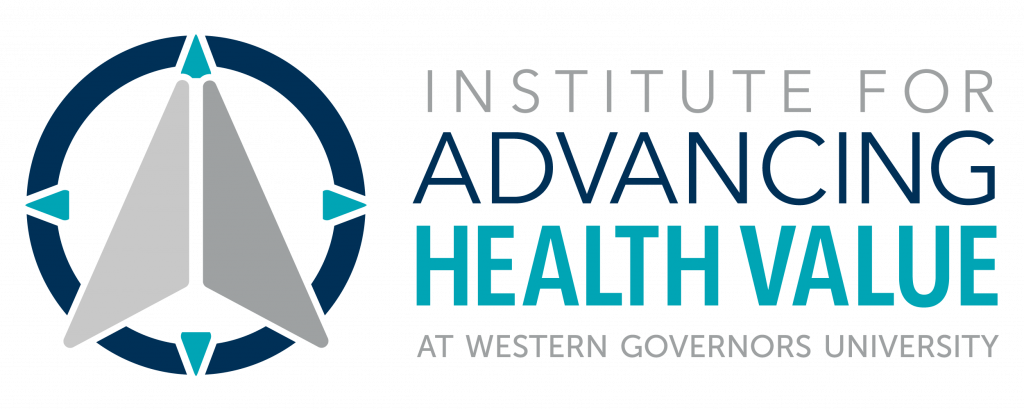February is Black History Month, and it is a time for us to pay tribute to the generations of African Americans who struggled with adversity to achieve full citizenship in American society. During this time of reverence, it seems that the palpable pain and frustration of social injustice for African Americans is more visceral than it has ever been in my lifetime. A cultural zeitgeist for civil rights and social justice has been awakened in the collective consciousness of all ethnicities in the context of George Floyd’s murder and other public atrocities of racial discrimination in recent years. Additionally, there is now also a heightened sense of awareness of health inequities in our country – a result of exacerbated health outcomes triggered by COVID-19 and preexisting disparities that have been magnified under the microscope of the pandemic. All this said, on the positive side, there has never been a time in the post-civil rights era where there have been so many positive breakthroughs and substantial strides made – both politically and economically – for African Americans.
I am particularly encouraged by elevation of health equity into the national consciousness. Our policy leaders now realize how integral health equity is in the design and reengineering of payment models. Consequently, CMS Innovation Center is now considering equity in all stages of payment model development, including ideation, model design, recruitment, implementation, and evaluation. CMS is very intentional in vocalizing their plans to embed health equity in every aspect of value-based payment, and that is our call to lead in driving value transformation in our industry.
As healthcare leaders, it is important that we solve for health inequity by ensuring culturally competent care. An interdisciplinary care team must be comprised of well-trained and qualified workers that also mirror the diverse populations that they care for. During this historic time in our nation (and in our industry), I want you to know that the ACLC is here to support your value journey in improving care delivery in service to marginalized communities and minority populations.
As we expand our learning collaborative and launch new educational products in the coming months, we are guided by the following principles:
- Equity in health cannot happen without equity in access and attainment of education for underserved learner populations in the health professions. A solution to health inequity is a well-trained, qualified, culturally-competent workforce that mirrors the diverse population it serves.
- Equity in health cannot happen without reskilling and upskilling the workforce at scale. A solution to health inequity is reskilling and upskilling of the workforce through scalable educational programs that can provide pathways to establishing competency in population health and health equity.
- Equity in health cannot be attained without models for value-based payment. A solution to health inequity is the value-based care movement, as future payment models will require that all healthcare organizations demonstrate health equity outcomes.
Thank you for leadership in this race to value. Value-based care is an economic imperative, but it is also a moral imperative as we look to eliminate racial disparities in care over the next few generations.
Best,
Eric Weaver, DHA, MHA, FACHE, FACMPE, FHIMSS
Executive Director, ACLC

